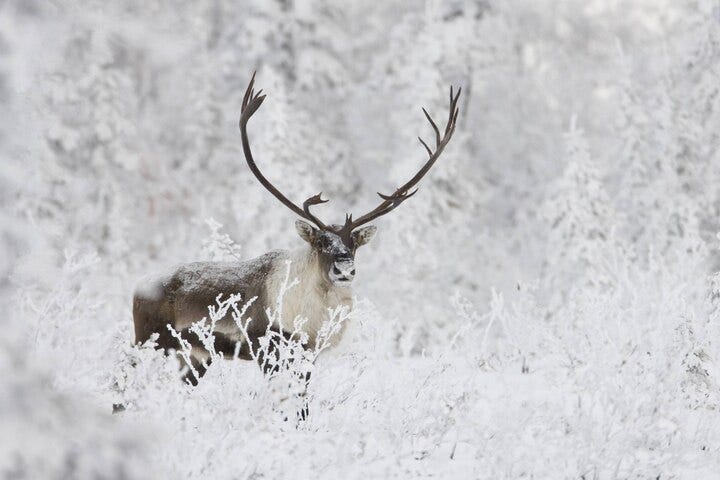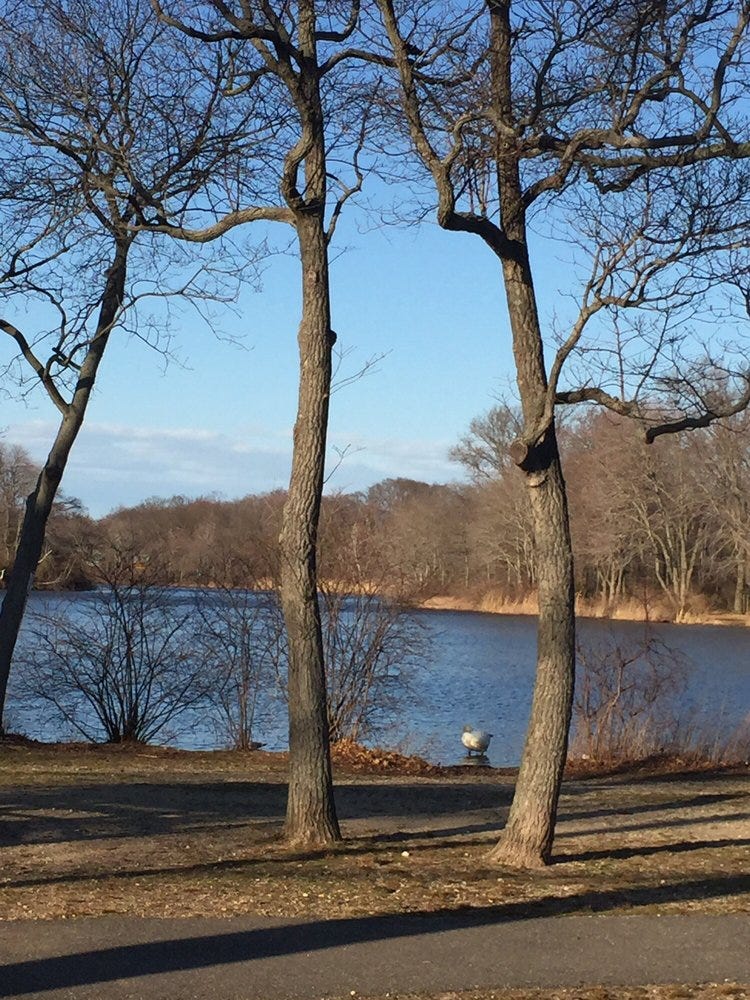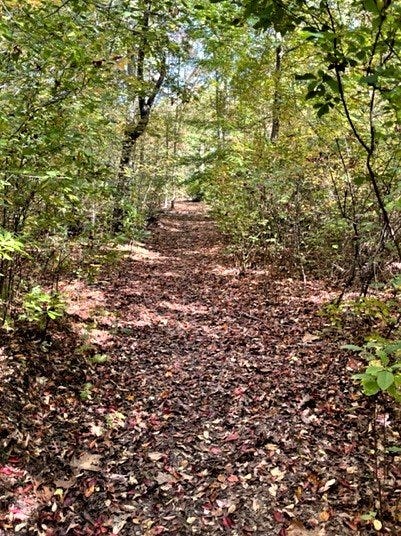“The main thing is this,” Grace Paley wrote in 1989, “when you get up in the morning you must take your heart in your two hands. You must do this every morning.” Oh, yes! I think as I read Paley’s words when they arrive from the digital universe this frigid morning, this is how I must begin to write this essay, I must take my heart in my two hands and listen.
I don’t hear any words, I don’t hear any questions, instead images of places come to me, some like old movies from a long ago past and some very new. Some places I’ve breathed in, walked upon; others my feet have never touched, like the National Petroleum Reserve in Northwest Alaska, the largest undeveloped area in the United States which may soon become the single largest oil extraction project undertaken on federal lands. All of the images make me sad. All of the places, like Hedgehog Mountain, which I wrote about here last week, need holding.
All week I ruminate about what it will be like for Addie, the 11 year-old girl who so defiantly declared the construction of mountain bike trails to be too dangerous for the shallow-rooted maple trees at the summit of Hedgehog Mountain, when, in a few years, she will come face to face with the grave threats to all of life’s ecosystems. My thoughts drift to the time when I was a child her age, a time before I had the slightest notion that a world could warm so much that scientists would warn of floods and droughts and deaths of biblical proportions, a time when I lived in a plain town on a120 mile long, skinny island hooked beside the great island of Manhattan.
Imagine my surprise then, when last Wednesday, as a prompt to waken her students’ sleepy creative minds, Susan Conley reads an essay, “Imagining Foxes” by Brain Doyle, to her ten adoring students, one of whom is me, and with a shock that makes my heart race and my breath rise fast and shallow, I recognize that this place Doyle describes:
“in the marshlands of an island the first people there called Paumanok between Sunrise Highway and Merrick Road, in the county of Nassau, in the great state of New York…. a place with the little strips of forests, the tiny shards of beaches, the ragged forgotten corner thickets with beer bottles glinting in the duff..”
is home.
Is the place where I learned to ride my bike and where I picked four leaf clovers in the grass with my mother and played hopscotch on the cracked concrete sidewalks and trained my father’s WWII issue binoculars not on the tree covered streets of Nagasaki as he had, but on the bittern who sheltered every winter in the spindly pines behind the house. Doyle’s marshland, called the Tackapausha Preserve, was in Seaford, a plain town a few miles down the road from my plain town, Bellmore. But we had our equivalent of it, it was called, and still is, The Mill Pond.
I had to wait at the light and run across wide and busy Merrick Road to get to the sidewalk that led to the Mill Pond, a place where I learned to skate, where I’d linger, a lone skater, into the twilight, loath to leave the silence and wonder of the ice, its shattered patterns of lines, its miracle of transformation from liquid into solid, like water into wine.
Like a two-headed creature, I hold two entirely different sets of feelings about that pond. The first is from the time before my mother decreed the trails dangerous to my newly emerging female body, a time before the vast saltmarsh at the edge of the town was smothered in dirt and hundreds of homes rose one by one over that sacred spot once filled with the calls of red winged blackbirds, the darting flight of saltmarsh sparrows, the swishing sound of swaying marsh grasses.
In that before time, a strong sense of safety cradles feelings of innocence and curiosity. In this time, I wander the trails at The Mill Pond, searching for rabbits and frogs and black ducks and swans and geese who live like cozy friends beside the busy highway. But the time after is filled with loss I can even now touch, and danger lurks in old shadows. No man jumped out from behind a tree with a knife in his teeth and threw me to the ground, in fact I never met anyone in the woods who scared me, but a mere half a mile from the Mill Pond a small army of men labored with heavy trucks and dredging machines, defacing a few square miles of watery life.
It was, I see now, a kind of rape, a defilement that happened in the name (again, again) of growth. It was post WWII and homes were needed for soldiers who’d come home from war, sired kids, moved out of Brooklyn for a better life in the suburbs. My mother warned me about dangerous men in the woods, but she never spoke about the rape of the land. No one did. No one protested, blocked the dredging machines, the dump trucks, the developers. No one asked, isn’t there a better way, a different way to live here?
Doyle’s 2014 essay, it turns out, is all about these kinds of losses. After listing all he did see in the Tackapausha Preserve that day “many years ago when the world and I were young,” Doyle goes on to say…
“It’s about what we did not see. We did not see a fox. …But I tell you we smelled Old Reynard, his scent of old blood and new honey, and we heard his sharp cough and bark, and if you looked just right you could see his wry paw prints in the dust by his den, and if we never take our kids to the little strips of forests, the tiny shards of beaches, the ragged forgotten corner thickets with beer bottles glinting in the duff, they’ll never even imagine a fox, and what kind of world is that, where kids don’t imagine foxes? We spend so much time mourning and battling for a world where kids can see foxes that we forget you don’t have to see foxes. You have to imagine them, though. If you stop imagining them then they are all dead, and what kind of world is that, where all the foxes are dead?”
In my reading of this essay, Doyle is saying that imagining the lost worlds of nature is critical to their remaining alive, even if you can’t see those worlds. He even hints that battling for the return of these places gets us so caught up that we may indeed have no time for imaging the lost fox and thus the fox dies another sort of death. Maybe, too, he’s implying that yearning for this lost word where you can see foxes is a bit sentimental.
Here in my two hands lies the dead saltmarsh on the island first known as Paumanok, at the edge of the plain town of Bellmore, “between Sunrise Highway and Merrick Road, in the county of Nassau, in the great state of New York.” But is it enough to just imagine this saltmarsh? I cradle it in my hands. Imagining it brings me no peace or escape from my sadness. Instead, imagining it strikes at my heart like lightning, burning there, until I feel a need to rise, to battle, to stand before the dredge (or the trail building machine or a ConocoPhillips’ oil rig) and say, finally, no, this will not stand. For what kind of world will it be when all the saltmarshes are dead and no cartwheel of imagination will bring them back to life?
And what will Addie see when she is my age and wakes in the morning and takes her heart in her two hands?








Really lovely writing, Kathleen, as always. I'm reminded of the line from the movie Witness, a line that has stuck with me all these years: "What you take into your hands you take into your heart." It's spoken in the context of handling a gun, of taking human life, from the Amish perspective, and I have no idea to what extent the line is true to Amish culture. But I mention it here because the idea folds nicely into yours. What we choose to do in relation to the land and our fellow species may seem only like daily life, but it informs (and sometimes deforms) the heart.
What beauty you hold up for us to see, illuminated by the light of your fierce loving heart! This very morning I was thinking of writing about the vows of poverty and stability I once took, but reneged on, unable to honor them because I valued a comfortable life more. And at that time before taking them almost a half century ago, I had come across a passage warning of the danger of taking vows because in doing so one took ones very heart in ones hands and damage to it from breaking those vows was not easily repaired. This is what I was thinking of writing this Sunday morning! My love and need of a comfortable life superceded my noblest aspirations..and isn't that what is happening to us all, to all the saltmarshes?